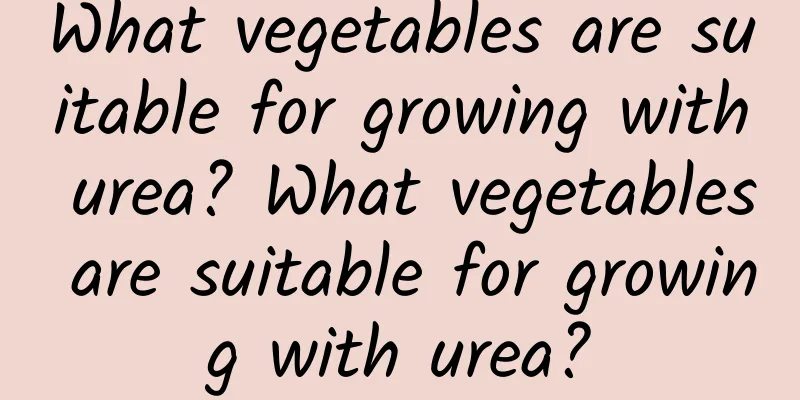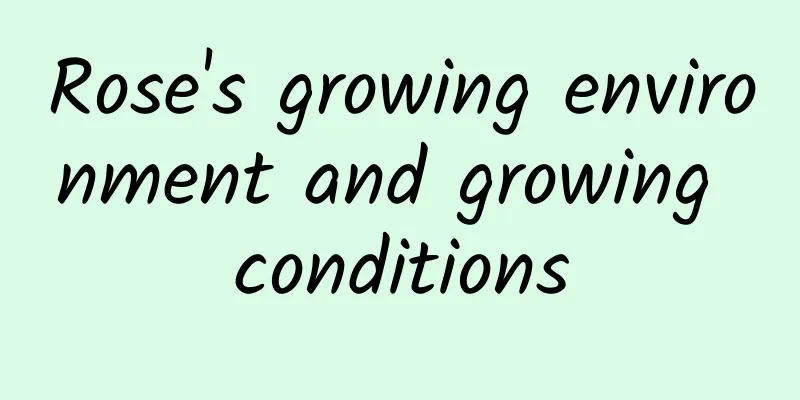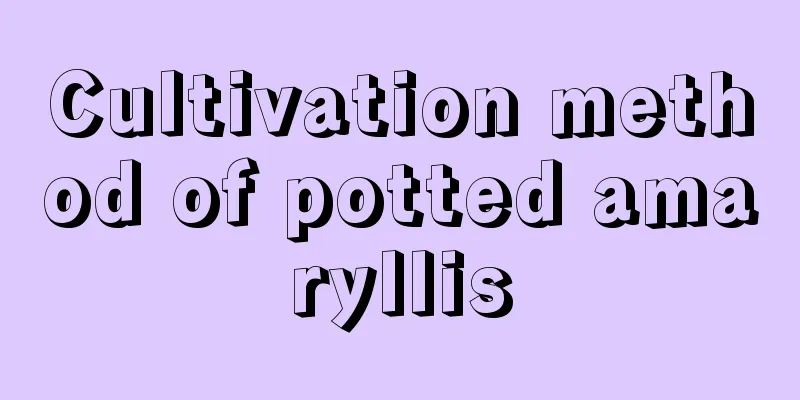What vegetables are suitable for growing with urea? What vegetables are suitable for growing with urea?

|
Urea is an amide nitrogen fertilizer. It must be hydrolyzed into ammonium nitrogen before it can be used by plants when applied to the soil. In the winter when the temperature is low, its fertilizer effect is slower than that of ammonium nitrogen fertilizer, but it is safer and suitable for growing a variety of vegetables, including corn, cabbage, eggplant, cucumber, pepper, garlic and other vegetables. 1. Cabbage Cabbage is a very common vegetable. Its environmental requirements are a suitable temperature difference between day and night, a cool and humid climate, and autumn has clear and cool weather with a better temperature difference between day and night. It is usually planted in spring and autumn. It is a fertilizer-loving plant and urea can be applied during its growth period. 2. Cucumber Urea is suitable for growing cucumbers. It is usually planted in spring and begins to mature in summer. It is rich in nutrients such as vitamin C and E. It can clear away heat and detoxify, lose weight and strengthen the body. It is best eaten in summer. 3. Chili Urea can also be applied during the growth period of peppers to supplement nutrients and promote growth. Peppers are also divided into many varieties and can basically be planted all year round. The yield is highest in spring and summer, and the soil needs to be kept moist during planting. 4. Garlic Urea can be applied during the growth period of garlic. It is one of the easiest vegetables to grow. Buy fresh, plump garlic cloves in the market and insert them directly into the prepared soil. Remember to water it and provide additional light. Garlic sprouts will soon grow and be harvested. Key points of growing vegetables with urea1. Usage: Urea is volatile and cannot be directly spread. The effect of flushing with water is not very good. It can be deeply applied or dissolved in water and then applied with drip irrigation. 2. Usage time: If you want to use urea mixed with water to water vegetables, it is best to do it every 4-7 days. When watering, you can pour it into the roots of the vegetables to allow the plants to absorb sufficient nutrients and grow more vigorously. 3. Note: Urea contains a small amount of biuret, which is toxic to plant seedlings or seeds. Therefore, it is best not to apply urea to the plants during these two stages, otherwise it will cause the death of the plants. |
<<: What vegetables are suitable for growing on the shady side of the courtyard?
>>: Xiamen University’s opening ceremony uses mineral water instead of water for new students!
Recommend
What is the best month to plant carrots?
Carrot is a widely grown and consumed root vegeta...
How to grow succulent plants?
soil When raising succulent plants, in order to p...
Why are the leaves of the cloud bamboo turning yellow?
1. Improper watering Reason: The roots of asparag...
What to do if the leaves of Bear's Paw turn yellow
1. Reasons for yellowing leaves 1. Insufficient l...
When is the right time to sow watermelon?
Suitable time for watermelon planting Watermelon ...
Broccoli planting time and method cultivation technology and management
Broccoli Planting Time The planting time of brocc...
How to save a wilted gardenia
1. Adjust water application Watering is very impo...
How long is the growth cycle of hyacinth?
Introduction to the growth of hyacinth Hyacinth i...
When to transplant jasmine
In fact, jasmine has a very tenacious vitality. I...
The flowers that are blooming in the circle of friends will grow wildly when thrown into water. The hotter the summer is, the bigger the flowers will be!
Bowl lotus and water lily The lotus flowers we gr...
Cultivation methods and precautions of goldenrod
1. Maintenance methods 1. Watering: You don’t nee...
How to grow lace golden dew flowers
1. Lighting Lace golden dew flower likes light an...
What to do if Clivia leaves droop
1. Proper shade Clivia prefers semi-shady environ...
When is the best month to transplant Clivia
1. Which month is best for transplanting? The tim...
Rosemary bonsai
Rosemary bonsai preparation materials Healthy ros...









